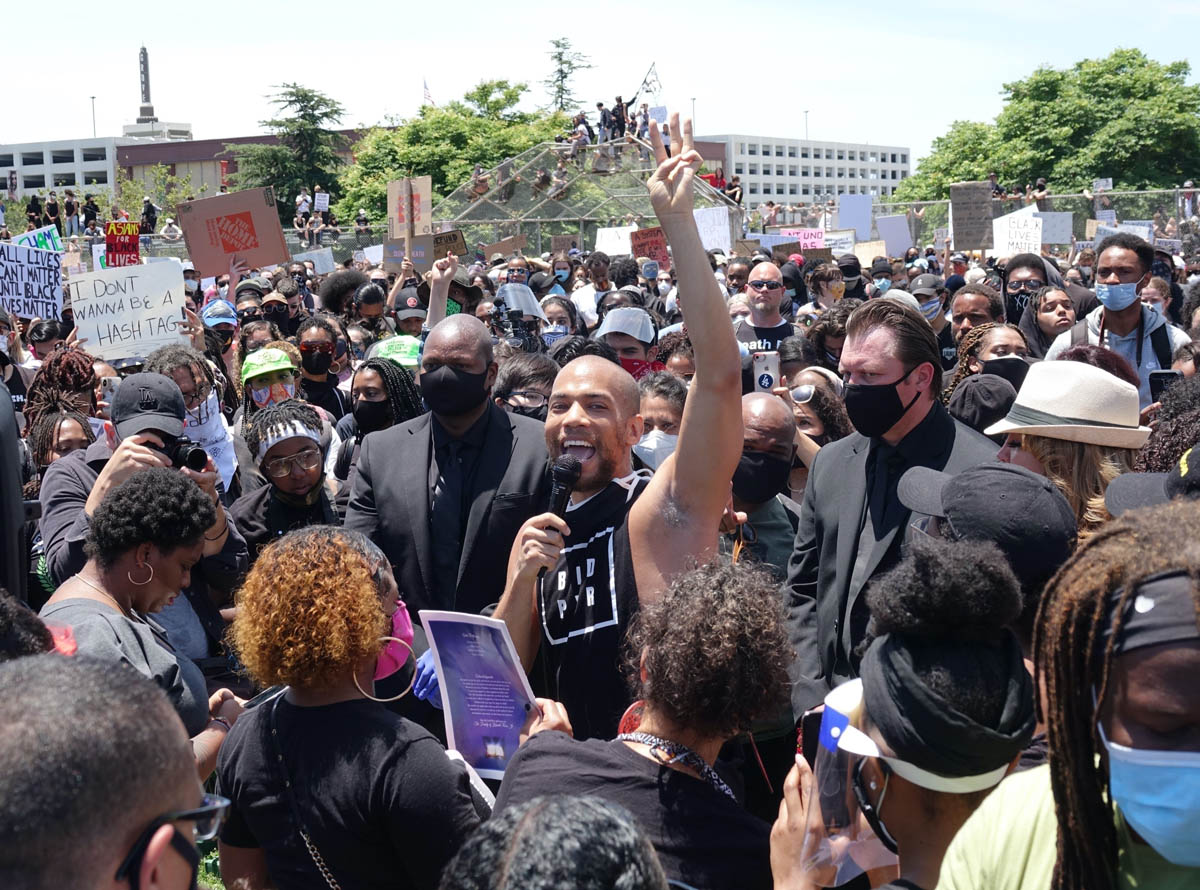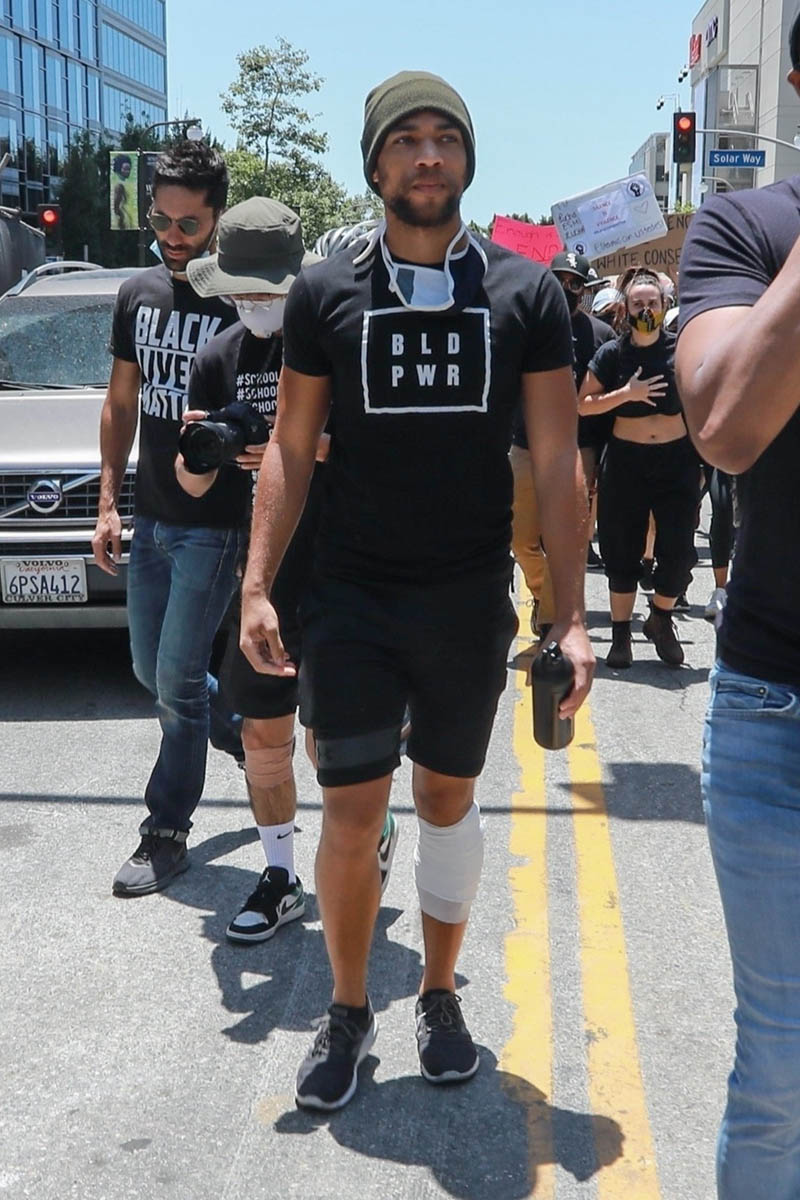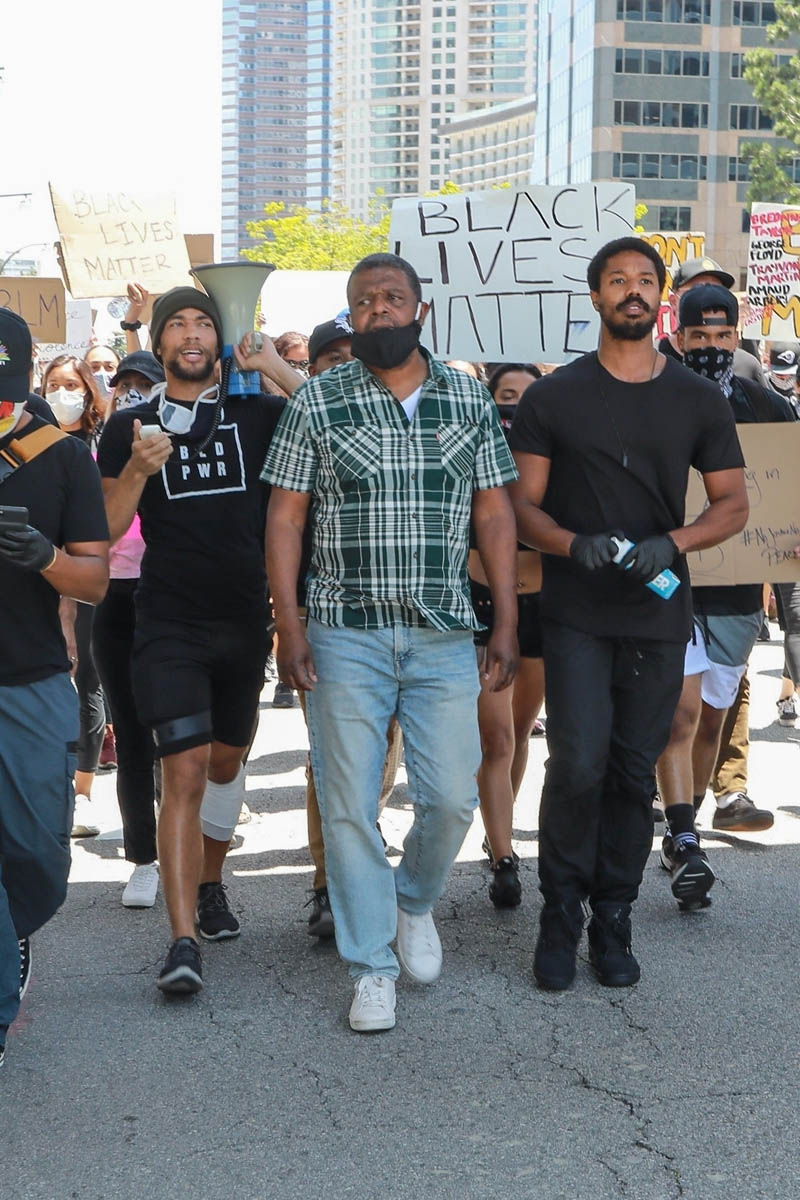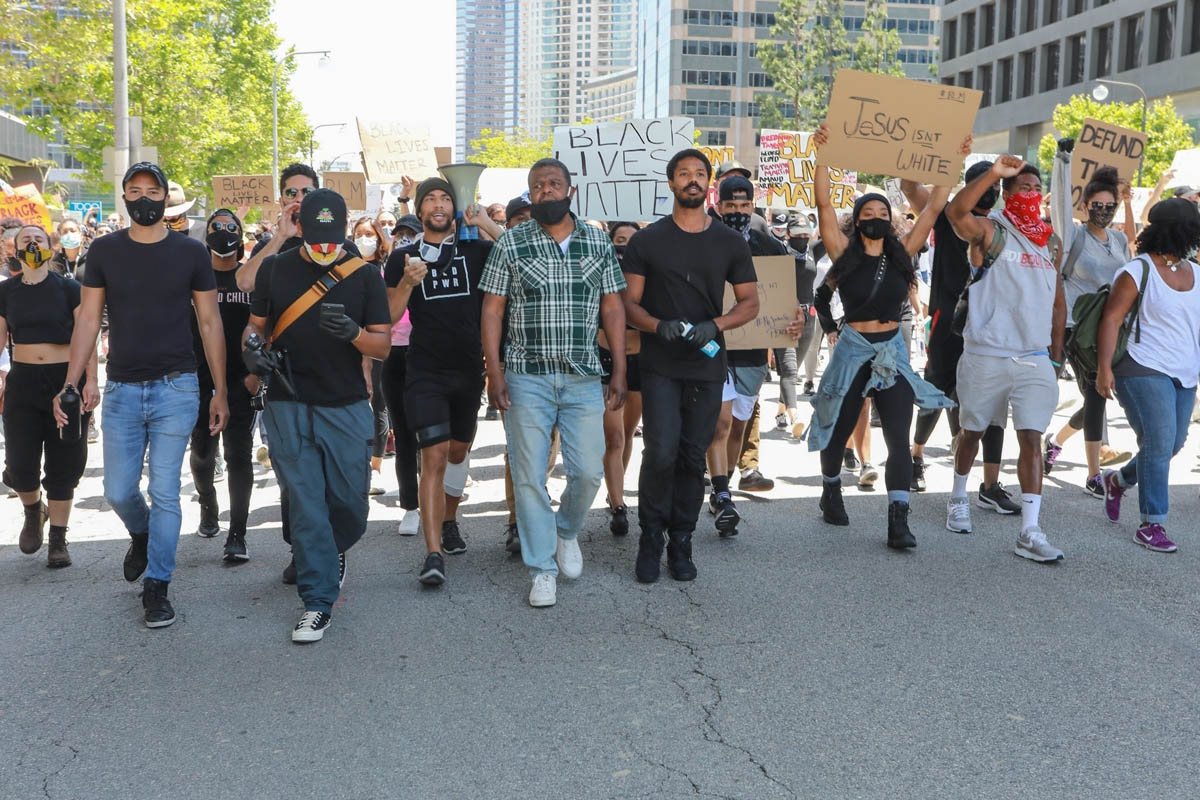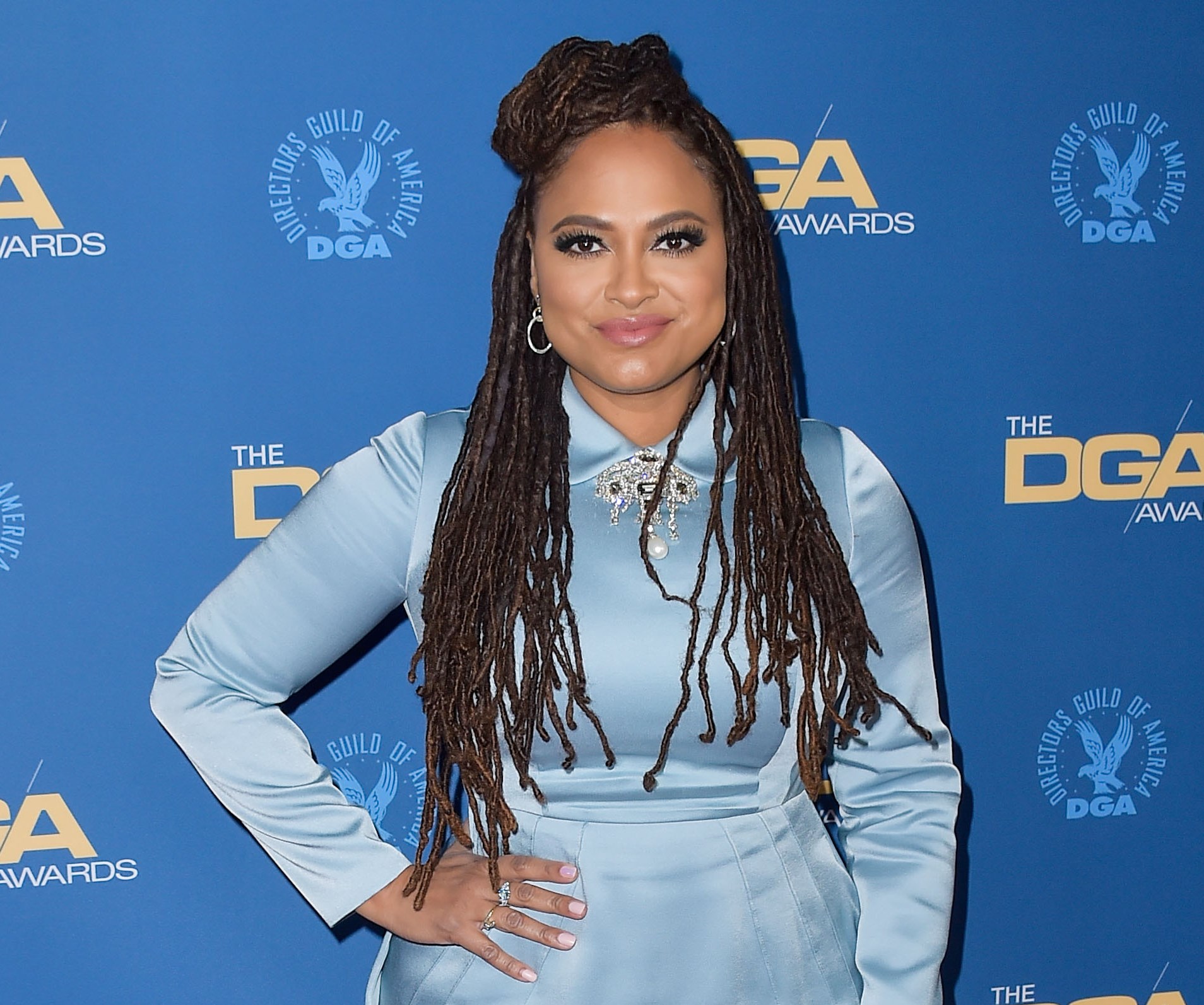Show Your Work: How Hollywood Can – And Must – Change Anti-Black Racism On Set


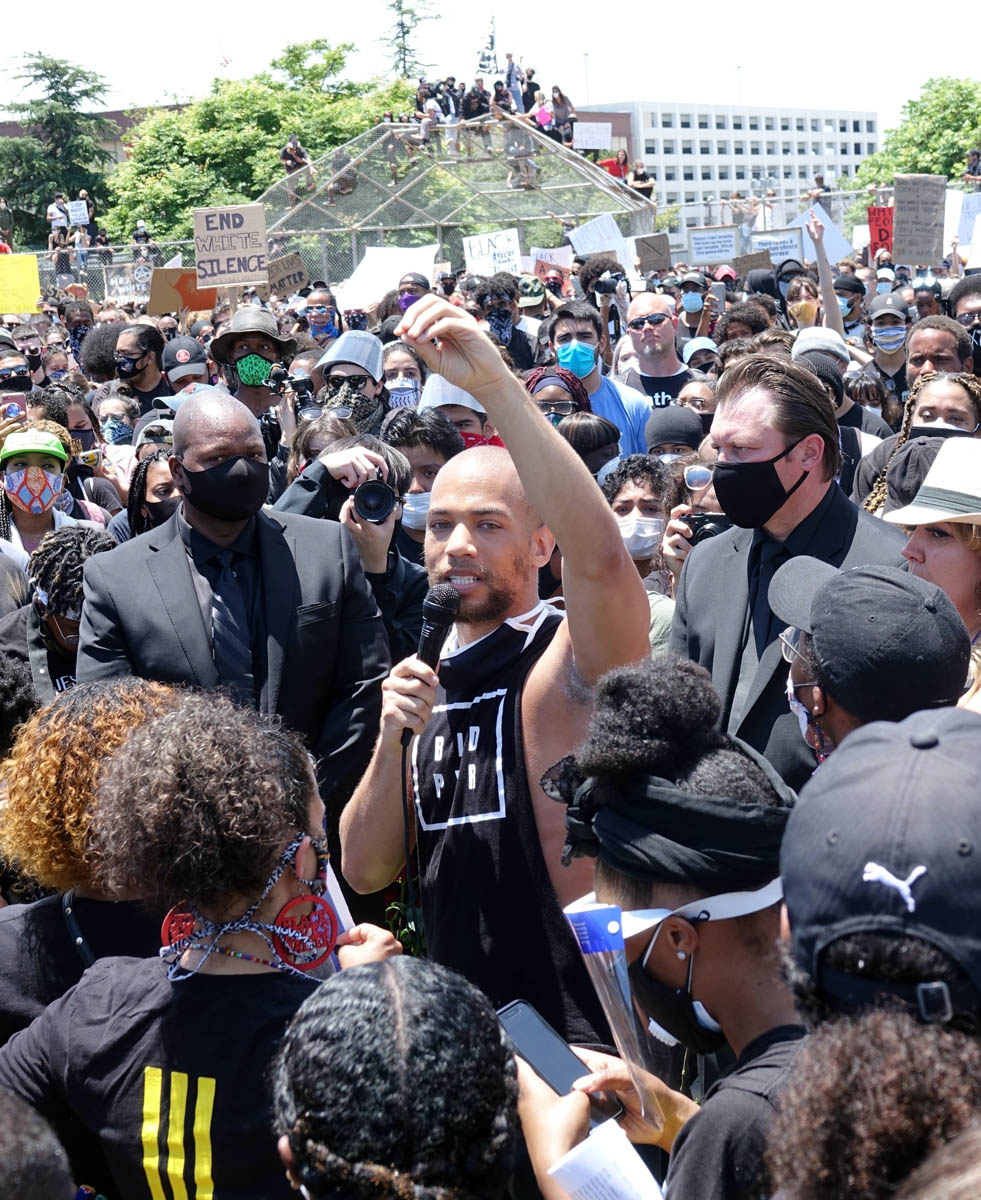

Thank you so much for your comments and thoughts on our last episode featuring Kathleen Newman-Bremang, ‘Working While Black’. We’re glad it resonated with so many of you, and we intend to continue doing the work of unpacking and dismantling the embedded policies, procedures, and assumptions that have fueled anti-Black racism in the entertainment industry.
One significant development in the scant few weeks since the killing of George Floyd brought Black Lives Matter and the open secret of police brutality is that Black people have been compelled to tell the truth about their experiences, even though it would be a mistake to say they feel ‘safer’.
Actress Samantha Ware, who played Jane on Glee, called out Lea Michele for behaviors on set and was quickly backed up by other members of the cast. It’s easy to say that’s unacceptable (which it is), easy to check the box of ‘appropriate apology’ when stars tweet that they’re learning or sorry for mistakes they’ve made in the past – but what were the structures that allow it to happen in the first place? A large part of it, of course, is the perception of Lea Michele as Glee’s ‘star’ – but there are other, more institutionalized reasons why behaviours like this are allowed to go unchecked.
One of the common responses that comes up when discussing aggressions, micro or otherwise, at work, is ‘you should go to HR!’ We break down why that’s almost never an option on set – partly because that’s not the way an on-set workplace is structured, but also because – and this is a revelation for almost everyone in the work world sooner or later – the actual purpose of Human Resources is to protect the company. Not the individual. And those interests are not always aligned.
Finally, we’re talking about all the existing policies and systems on sets that non-Black people may not ever have clocked as being aggressive or otherwise threatening. Kendrick Sampson, who has appeared on Insecure, How To Get Away With Murder, Supernatural and many more, and who was hit with rubber bullets at a protest in L.A., points out that long-held ‘standards’ like having police presence on sets can be an additional trauma for Black people, whose interactions with police often feel threatening rather than protective.
What is it going to take to unpick all these ‘standard’ on-set procedures? Sing it with us – MONEY. But if money talks, and it always, always does, then the way we spend our money, through supporting companies who are doing more work in trying to get it right, speaks loud and clear.
We’ll be continuing this conversation next week when we discuss the ways storytelling has sidelined Black, Indigenous and other People Of Colour, and can’t wait to hear your thoughts. Thank you, as always, for your comments and questions – we are here for all of them!
Find us on Twitter @laineygossip and @duanaelise or Instagram @laineygossip and @duanataha. Subscribe to us wherever you get your podcasts, and please, please keep the conversation going – we’re loving the ongoing dialogue, and more importantly, we need it.
https://embed.acast.com/showyourwork/howhollywoodcanchangeanti-blackracismonset

